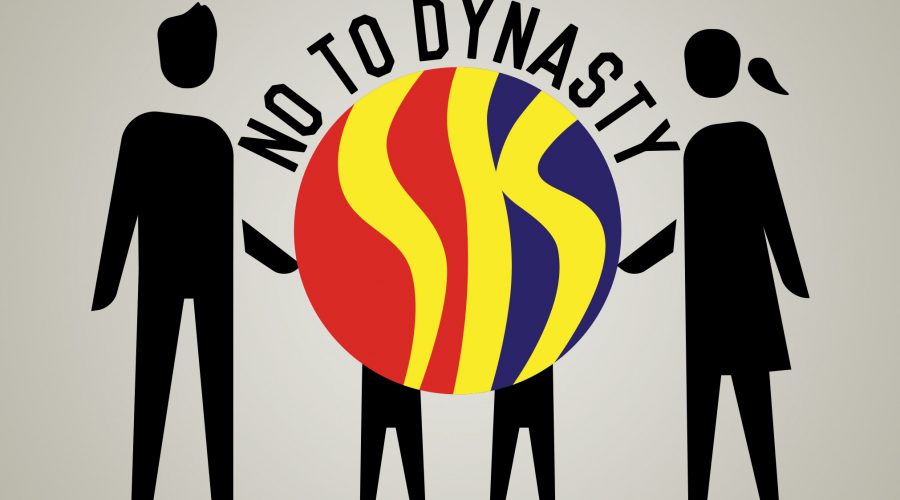Iloilo Entrepreneurs to Enjoy Access to Capital from Negosyo Center
ILOILO CITY — Entrepreneurs and would-be businessmen will now enjoy access to financing and other assistance with the opening of the country’s second Negosyo Center onFeb. 6 at the Department of Trade and Industry (DTI) building this city.
Senator Bam Aquino, author of Republic Act 10644 or the “Go Negosyo Act”, will formally open the Negosyo Center together with several local and DTI officials, led by Secretary Gregory Domingo, Undersecretary Zenaida Maglaya, Iloilo Governor Arthur Defensor, City Mayor Jed Patrick Mabilog and League of the Municipalities of the Philippines Iloilo Chapter Head Neil Tupas.
The “Go Negosyo Act” provides for the establishment of Negosyo Centers in provinces, cities and municipalities in the country.
“The opening of a Negosyo Center in Iloilo City will boost the development of micro, small and medium enterprises, creating jobs and livelihood in the community,” said Sen. Bam.
Sen. Bam said the Negosyo Center will provide a unified and simplified business registration process, thus helping ease of doing business and fast-track government processes in putting up a business in Iloilo City.
“By making business registration simpler and more efficient, we hope to encourage more Filipinos to start their own small businesses to stimulate the local economy,” Sen. Bam emphasized.
Iloilo has been ripe for investment and economic growth. In 2012, it recorded an impressive expansive growth of 7.5%, even surpassing the national growth rate of 6.6%.
Aside from ease of doing business, Sen. Bam said the Negosyo Center will help link up entrepreneurs with microfinance institutions that provide financing without collateral.
“We aim to develop and spur the rice, sugar cane, hog and commercial fishery industries of Iloilo. We want them to grow into bigger businesses and be able to compete in larger markets,” added Sen. Bam
In addition, the Negosyo Centers will provide courses and development programs, training, advice on business conceptualization and feasibility, management, capability building, human resources, marketing and other support services.
Life Bank Foundation Inc. president Manuel Perlas hailed the establishment of the Negosyo Center here, saying it will open up horizon for entrepreneurs to enhance their business skills and expand their networks.
“We hope this will reinforce the growth of bayanihan economics that is critically needed for poverty eradication to take root throughout the country,” Perlas said.
The Negosyo Center in Iloilo City is the second in the country, next to Cagayan de Oro, which was established last November.
As mandated by RA 10644, Sen. Bam expects that around 100 Negosyo Centers will be established in different parts of the country this year.
“With the help of DTI, I hope we can reach or even exceed our target for this year,” Sen. Bam said.


Recent Comments